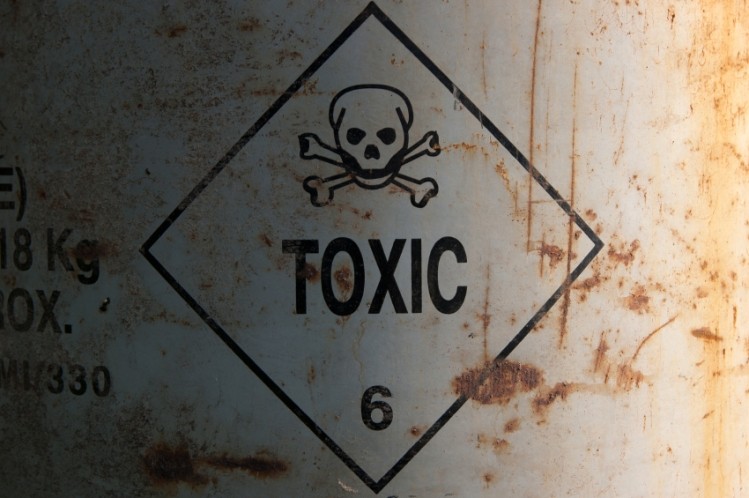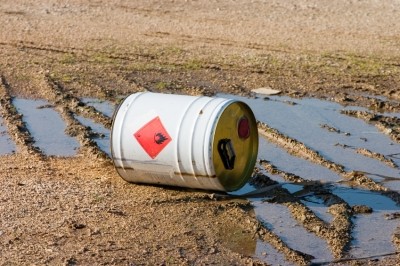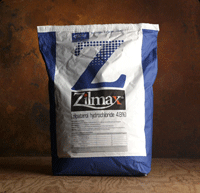Feed maker caught up in Taiwanese tainted oil scandal

Last week, Taiwanese prosecutors froze the assets of that feed company, and the owner of Ching Wei was one of six people arrested in recent weeks in a probe by authorities into the adulterated oil scare, reported The China Post.
At the center of the scandal is a local lard supplier, Chang Guann, which has been fined TWD50m (US$1.67m) by public health authorities for selling a product made from a mix of animal feed oil and gutter oil for use as edible lard in food products.
Chang Guann is reported to have bought and processed gutter oil from an illegal factory in southern Taiwan and from trading company, Globalway, in Hong Kong, while Ching Wei also allegedly sourced recycled waste oil from the same unlicensed Taiwanese facility and used it in animal feed.
Investigation shows toxic chemicals in feed
Now tests carried out by Taiwan’s Council of Agriculture (COA) reveal 14 of that feed maker Ching Wei’s feed oil products contained polycyclic aromatic hydrocarbons (PAHs), a known carcinogen, and seven products showed acid values higher than legal standards, wrote the Taipei Times.
A government official said the fact that all 14 products tested positive on PAHs showed that there is still much room for improvement in terms of Taiwanese regulatory oversight, as the substances should not appear in oil for either human or animal consumption.
PAHs and toxicity in animals
PAHs, according to the Food Safety Authority of Ireland, are a class of complex chemicals that are formed and released during incomplete combustion or burning of organic matter such as waste or food, during industrial processes and other human activities. PAHs are also formed in natural processes, such as carbonization.
Toxicological studies on individual PAHs in animals, mainly on the PAH benzo[a]pyrene, have shown various toxicological effects, such as hematological effects, reproductive and developmental toxicity and immunotoxicity. A number of PAHs have also shown carcinogenic effects.
Call for ‘severe penalties’ for fraudulent activities
Mass food product recalls have resulted from the adulterated lard case in Taiwan, with over 1,000 local food companies, restaurants and businesses affected. The case has also raised food safety fears in Taiwan.
Earlier this month, Taiwanese Premier, Jiang Yi-huah, ordered the relevant authorities and agencies to continue their inquiries into the case and mete out severe penalties against those involved.











